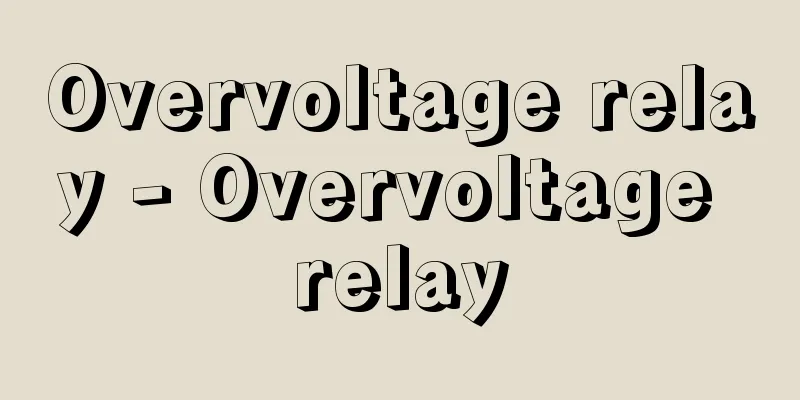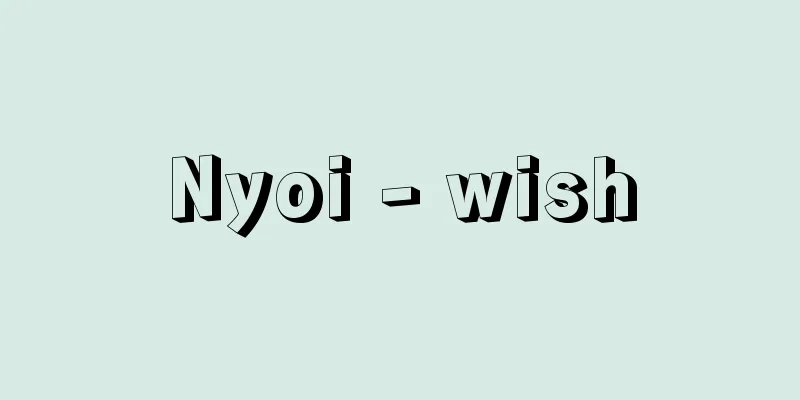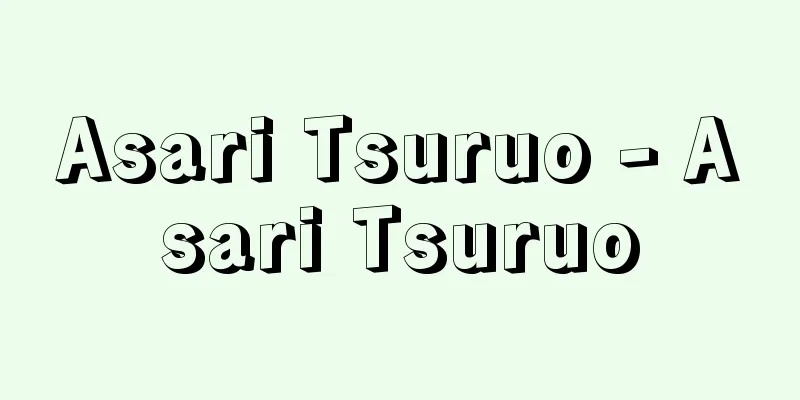Boycott

|
The term boycott originates from the organized severance of ties between tenant farmers in Ireland in the late 1870s in response to the misrule of the landlord Captain Boycott. Under international law, boycott refers to the organized or collective boycott of goods from a particular country by the people of that country, severing trade with that country. As long as such a boycott is based on the voluntary will of each individual, it does not raise any issues under international law, regardless of its scale. However, if a country guides or promotes a boycott, or if a country fails, either intentionally or negligently, to prevent a part of its people from forcing a boycott on other people through violence or intimidation, it will be held internationally responsible. However, if it is used as a means of retaliation against the illegal acts of another country, or if it is taken as a non-military coercive measure under the collective security system (Article 41 of the UN Charter), the illegality is precluded. International boycotts are used as a weapon in national or ethnic struggles, and their origins can be seen in the 18th century anti-British currency movement before the American War of Independence, and they became common in the 20th century. In China, the nationwide anti-Japanese and anti-British currency movement that took place after the May Fourth Movement (1919) is said to be the largest in history. There are also cases where multiple countries coordinate their boycotts, such as the US measures against North Korea, Vietnam, and Cuba based on the Trading with the Enemy Act. [Kazuya Hirobe] Boycott as an industrial actionA trade union tactic aimed at putting economic pressure on an employer, organizing a boycott by calling on people not to buy the goods produced by the employer. There are two types of boycotts: primary boycotts, which are boycotts aimed at putting pressure on the employer, who is the direct target of the trade union action, and secondary boycotts, which are boycotts organized by putting pressure on a third party who has a business relationship with the employer. Furthermore, boycotts can also be called consumption boycotts or production boycotts, depending on the nature of the goods they target. In legal terms, primary and secondary boycotts are distinguished, with primary boycotts being an exercise of freedom of speech and considered a legitimate trade union action. This trade union tactic is rare in Japan, but is common in the United States. [Hiroshi Murashita] [Reference] |Source: Shogakukan Encyclopedia Nipponica About Encyclopedia Nipponica Information | Legend |
|
ボイコットの用語は、1870年代末のアイルランドで、土地管理人ボイコット大尉の悪政に対して小作人が組織的に行った絶交に由来する。国際法上、ある国の国民が組織的、集団的に特定の国の商品の不買をなし、取引を断絶すること。このような不買が、各人の個々の自発的意思に基づく限りは、規模のいかんにかかわりなく、国際法上の問題は生じない。しかし、国家が不買を指導・推進した場合、または、国民の一部が他の国民を暴行や脅迫によって不買を強制するのを国家が故意または過失によって防止しなかった場合には、国際責任が成立する。ただし、相手国の違法行為に対抗するための手段として用いられる場合には復仇(ふっきゅう)として、また、集団安全保障体制の下における非軍事的強制措置としてなされる場合(国連憲章41条)、違法性が阻却される。国際的ボイコットは、国民的または民族的闘争の武器として用いられるものであるが、18世紀のアメリカ独立戦争前の英貨排斥運動にその萌芽(ほうが)をみることができ、20世紀に一般的となった。中国において五・四運動(1919)以降全国規模でなされた日貨排斥・英貨排斥運動は史上最大といわれる。また、対敵通商法に基づくアメリカの対北朝鮮、ベトナム、キューバ措置や、複数の国が強調して行う場合もみられる。 [広部和也] 争議行為としてのボイコット使用者に対して経済的圧力を加えることを目的とし、使用者の生産する商品を買わないように呼びかけて不買運動を組織する争議行為戦術。ボイコットには、争議行為の直接の相手である使用者に圧力を加えるための不買運動である一次的ボイコットprimary boycottと、使用者と取引関係にある第三者に圧力を加えることによって不買運動を組織する二次的ボイコットsecondary boycottとがある。さらにボイコットには、その対象たる商品の性質によって、消費ボイコット、生産ボイコットとよばれるものもある。法的評価としては、一次的ボイコットと二次的ボイコットとは区別されており、一次的ボイコットは言論の自由の行使であり、正当な争議行為とされている。日本ではこの争議戦術は少なく、アメリカではよく行われている。 [村下 博] [参照項目] |出典 小学館 日本大百科全書(ニッポニカ)日本大百科全書(ニッポニカ)について 情報 | 凡例 |
Recommend
Ikawazu style
…In addition, there are eight human bones with fo...
color
A Swiss organic chemist born in Moscow. He studie...
Schlick, A.
...However, compared to vocal polyphony, which wa...
Golay cell
…Unlike the photon effect type, the wavelength se...
Quenching - Yakiire (English spelling)
This is the most basic heat treatment technique fo...
Seixas, C.de (English spelling) SeixasCde
…Evora was a religious center, and in the 16th ce...
Kingdom of Chiang Saen - Kingdom of Chiang Saen
A Thai kingdom that flourished from around the 11t...
Neurofilament protein
… The proteins that compose the intermediate fila...
Type 99 rifle
...The Type 38 rifle, a shortened version of the ...
Shin Kusakawa
1893-1948 A composer from the Taisho to early Sho...
Fish sauce - gyosho
Seafood is salted, fermented, and aged, and the re...
Ishimoroko - Ishimoroko
...A freshwater fish of the family Cyprinidae (il...
Okegawa [city] - Okegawa
A city located on the Omiya Plateau in central-eas...
Malapterurus electricus
…Each discharge lasts for a few milliseconds and ...
Drum song - Tsuzumiuta
It is also found in Tokiwazu and Kiyomoto, but is ...



![Hiyoshi [village] - Hiyoshi](/upload/images/67cca4d824c30.webp)





